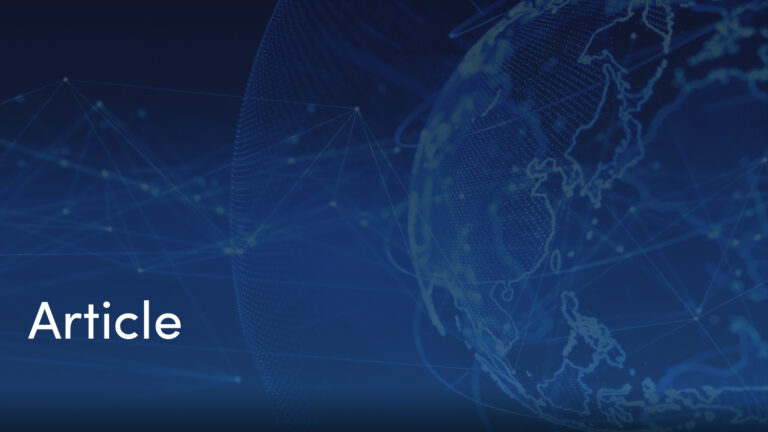Apple Victorious In IPHONE Dispute
Published by Guerra IP

Apple Inc has obtained a favourable decision confirming that it can continue to use the IPHONE trademark in Brazil.
On September 26 2013 the 25th Federal Circuit in Rio de Janeiro upheld Apple’s claim seeking the partial cancellation of Brazilian company IGB Eletronica’s GRADIENTE IPHONE mark (Registration No 822112175), which covered mobile phones and other products in Class 9 of the Nice Classification.
IGB filed the application to register its GRADIENTE IPHONE mark on March 29 2000. After the application was opposed, the Brazilian Trademark Office granted the corresponding registration on January 2 2008. Apple filed a court action on the last day of the statutory term. In the court action, Apple claimed that:
l the decision in which the Trademark Office had granted IGB’s application should be cancelled; and l the office should issue another decision granting the registration, but this time including a disclaimer clarifying that IGB had no exclusive rights to use the word ‘iphone’.
In a controversial ruling, the court sustained Apple’s claim. Apple’s main argument in the court action was that IGB should not be granted exclusive rights over the word ‘iphone’, because IGB itself had declared that this word refers to an ‘internet phone’; therefore, the word is descriptive of the products and cannot be registered on an exclusive basis. This argument may, of course, weaken Apple’s IPHONE mark, but this is just one of the debatable aspects of this court action.
Another one is the fact that the provisions of the Brazilian law that deal with cancellation and partial cancellation do not seem to support a court action aiming not to cancel a registration, but rather to modify a decision in order to include a disclaimer. As mentioned above, the claim was accepted and the court ruled in Apple’s favour. In the ruling, the court offered an unconventional interpretation of the Brazilian Trademark Law.
First, the court blamed the Trademark Office for the dispute, because the latter took over eight years to prosecute IGB’s GRADIENTE IPHONE application. Second, the court mentioned that the mobile phone market was inexistent in 2000 (when IGB’s mark was filed), but that, since then, it had changed drastically. The Trademark Office should have taken this fact into consideration when granting the corresponding registration – as well as the fact that Apple had reached a leading position in this sector. Because the Trademark Office had not taken these circumstances into account when allowing the registration of IGB’s GRADIENTE IPHONE mark, it had imposed an unjustified burden on Apple’s business. Finally, the court stated that, although IGB had registered the GRADIENTE IPHONE mark some years ago, it had started to use it only recently. This constituted another reason why Apple’s claims in relation to the partial cancellation of IGB’s registration should be upheld.
Arguably, this ruling is very controversial because it seems to give more weight to the use of a mark in other jurisdictions than to its registration in the country; it also overlooked the fact that, under the law, a trademark owner has a certain amount of time within which it can start to use its mark. It is likely that the Trademark Office and IGB will appeal; it remains to be seen whether the Court of Appeal will adopt the reasoning of the trial court.
Ricardo Pinho, Guerra Propriedade Industrial, Rio de Janeiro
This article originally appeared in World Trademark News Daily, October 7, 2013
To view article as a PDF, click here

